#robin campillo
Explore tagged Tumblr posts
Photo
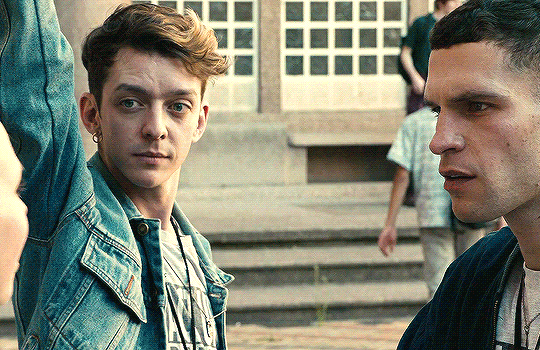


120 battements par minute (2017) dir. Robin Campillo
#robin campillo#120 bpm#120 battements par minute#filmedit#mine#arnaud valois#nahuel pérez biscayart#lgbtq#happy pride month#偷图死全家
462 notes
·
View notes
Text










120 BATTEMENTS PAR MINUTE (2017) dir. Robin Campillo In the early 90s, as the AIDS epidemic tears through their community, the members of ACT UP Paris are fighting for survival. While battling against governmental apathy, pharmaceutical greed, and public ignorance, the activists party, debate politics — and occasionally fall in love. (link in title)
#lgbt cinema#queer cinema#gay cinema#lgbt#gay#french cinema#france#arnaud valois#nahuel pérez biscayart#robin campillo#2017#2010s#2010s cinema#lgbt movies#gay movies#queer movies#gay film#queer film#lgbt film#french movie#french film#2010s movies#2010s films#blood tw
49 notes
·
View notes
Text

#movies#polls#bpm (beats per minute)#bpm beats per minute#bpm#beats per minute#2010s movies#robin campillo#nahuel pérez biscayart#arnaud valois#adèle haenel#requested#have you seen this movie poll
51 notes
·
View notes
Text
120 BPM (Beats Per Minute)

Movies watched in 2024
120 BPM (Beats Per Minute) (2017, France)
Director: Robin Campillo
Writers: Robin Campillo & Philippe Mangeot
Mini-review:
What a powerful and impactful film. It left me both floored and speechless. I think it should be mandatory watching for younger queer generations, cause it feels like many of them have forgotten what our predecessors had to go through to build the society we currently live in (even if there still are many things to fix). It's definitely a hard, painful watch, but trust me when I tell you this: it's absolutely worth it. And even if you're not interested in these topics, the movie is superbly directed, written and acted. It's clear that everyone involved set out to give this story the special film it deserved. And thanks to them, I won't forget about 120 BPM anytime soon.
#120 bpm#120 bpm (beats per minute)#120 battements par minute#robin campillo#philippe mangeot#nahuel pérez biscayart#arnaud valois#adèle haenel#antoine reinartz#félix maritaud#médhi touré#aloïse sauvage#simon bourgade#catherine vinatier#saadia ben taieb#ariel borenstein#théophile ray#simon guélat#jean-françois auguste#coralie russier#samuel churin#françois rabette#drama#aids crisis#aids epidemic#act up#queer history#french cinema#queer cinema#movies watched in 2024
8 notes
·
View notes
Text

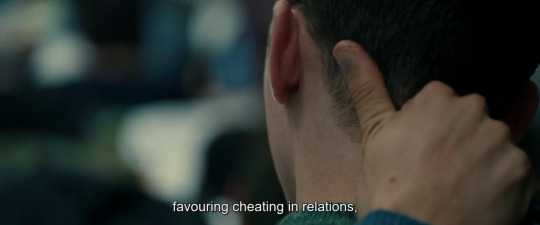

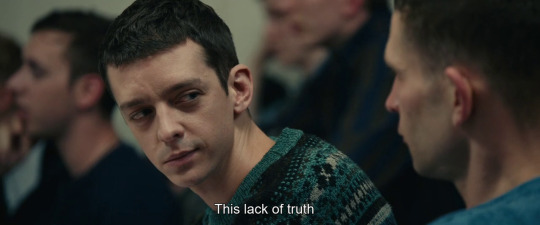





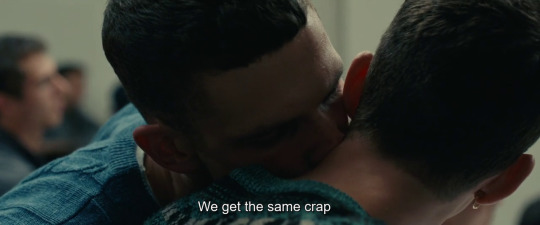
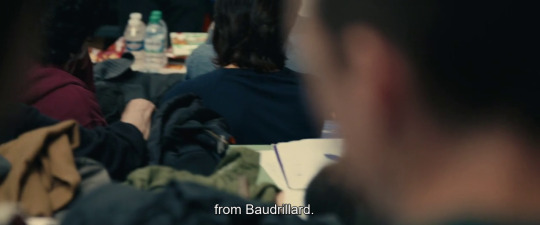
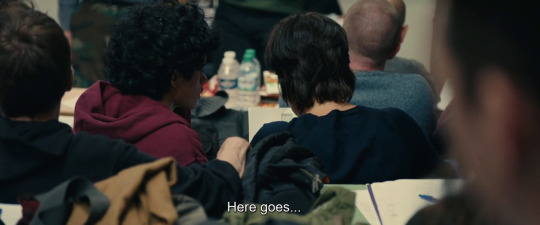
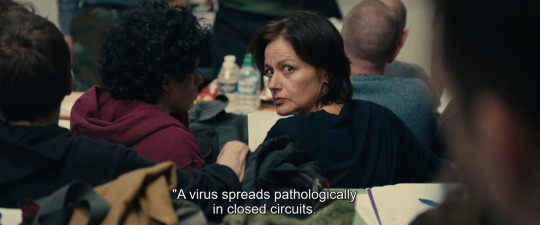
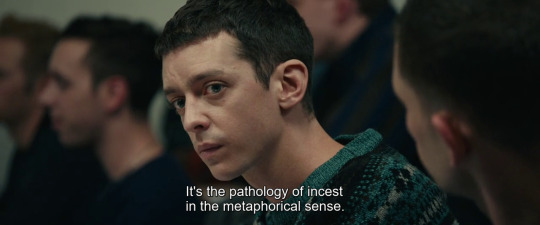
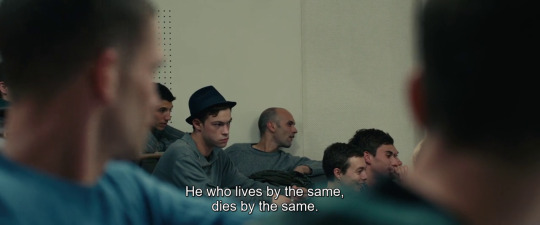
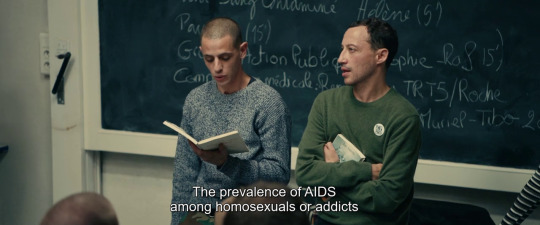

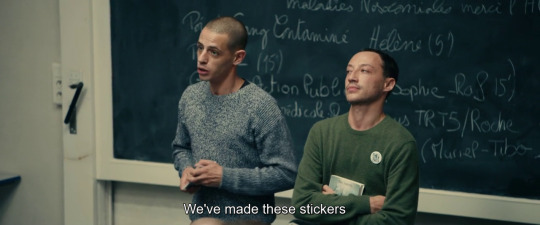
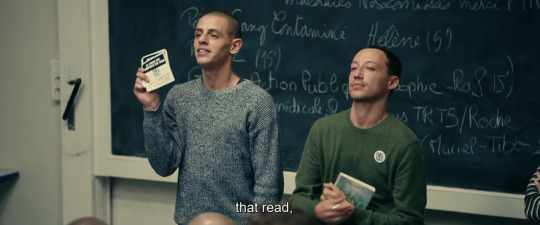
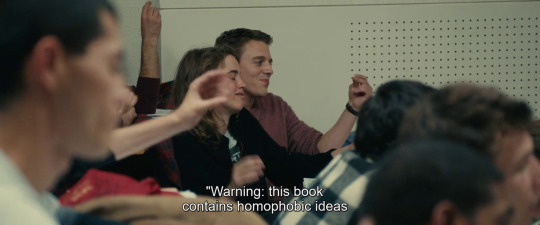
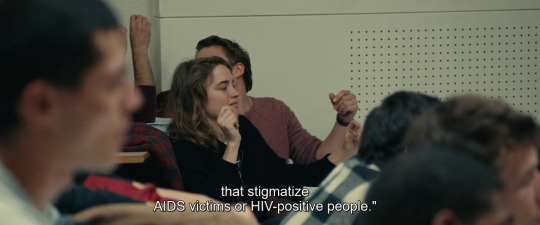




#Beats per Minute#120 bpm#bpm#Robin Campillo#Nahuel Pérez Biscayart#Arnaud Valois#cinema#sine's edits
35 notes
·
View notes
Text
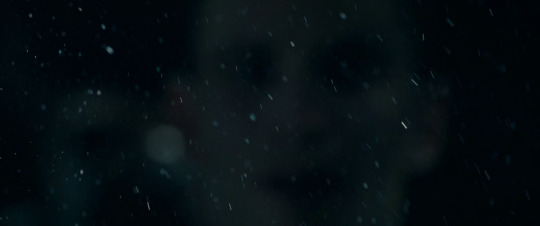
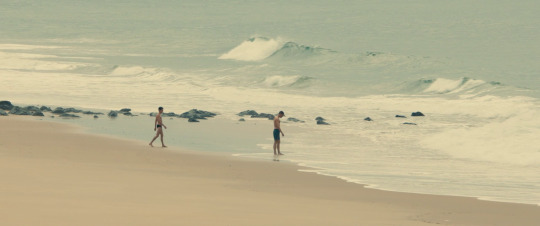
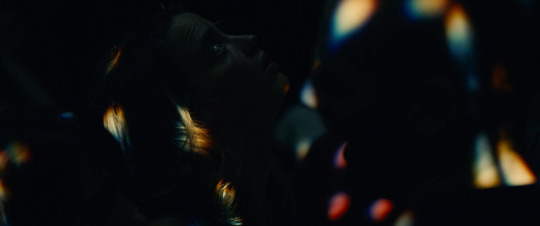
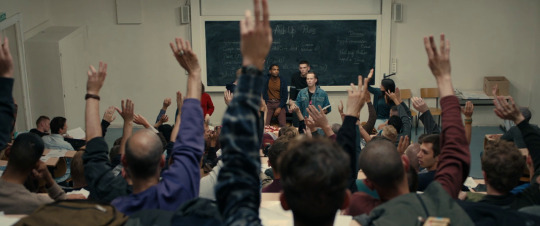


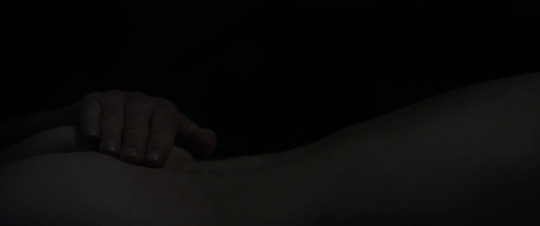
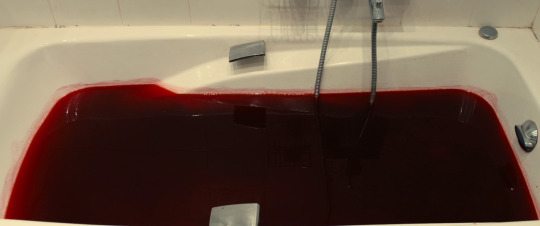

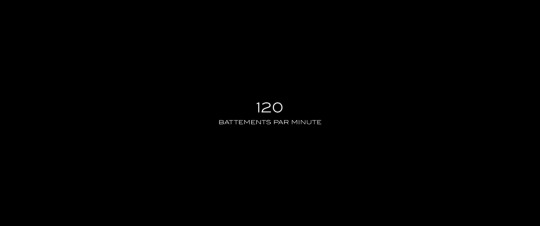
"I'm not sick enough?"
120 battements par minute (Beats Per Minute), 2017.
Dir. Robin Campillo | Writ. Robin Campillo & Philippe Mangeot | DOP Jeanne Lapoirie
#120 battements par minute#bpm#120 bmp#french film#drama#period drama#queer film#adele haenel#robin campillo#ACT UP paris#blood cw#10 frames#2010s
23 notes
·
View notes
Text


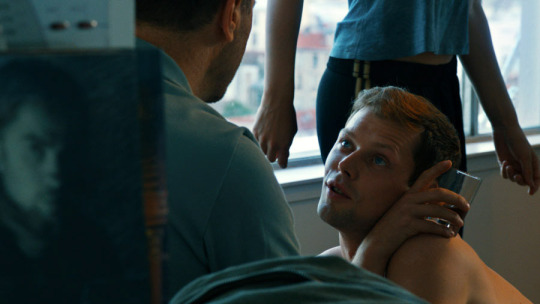
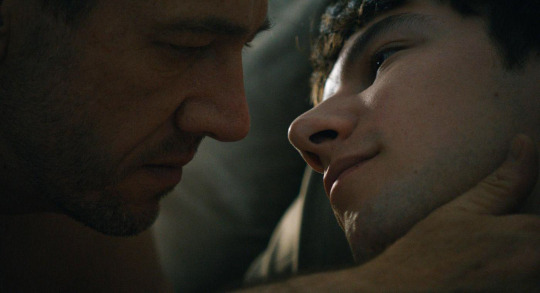


e a s t e r n b o y s, 2013 🎬 dir. robin campillo
#gay cinema#gay movies#french cinema#Eastern Boys#eastern boys 2013#Robin Campillo#Olivier Rabourdin#Kirill Emelyanov#celebrating diversity
10 notes
·
View notes
Text
youtube
L'île rouge réalisé par Robin Campillo avec... 😍😍
2 notes
·
View notes
Text
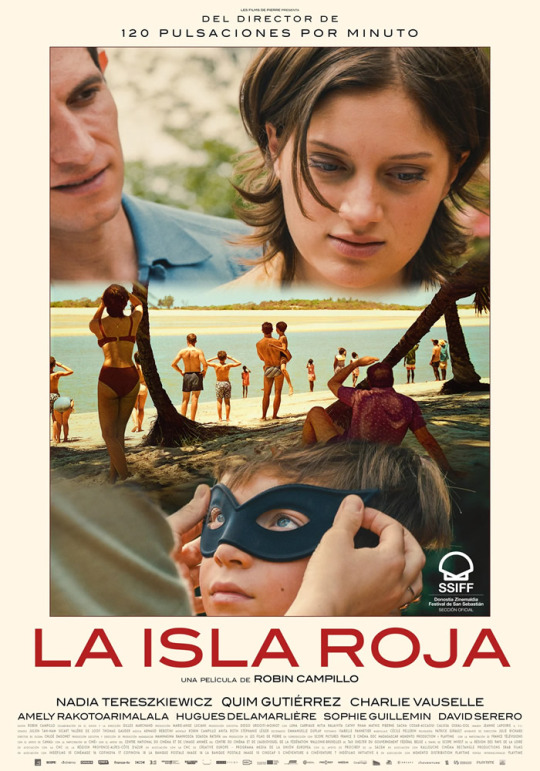
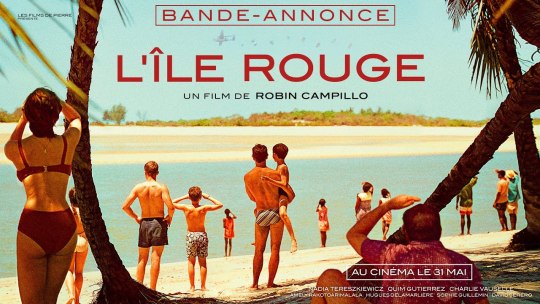


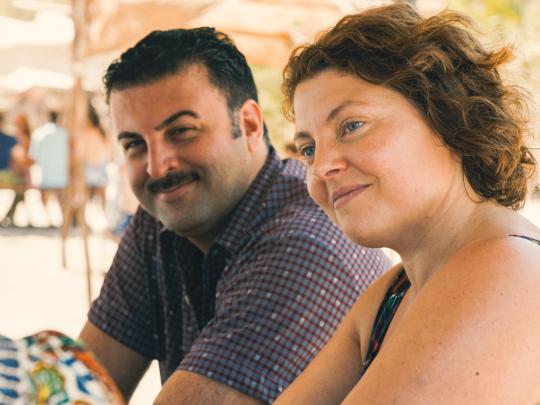
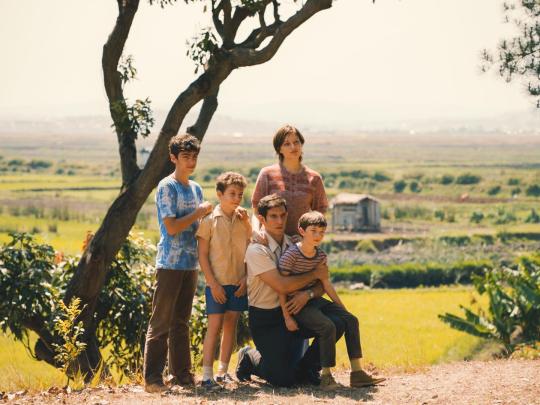
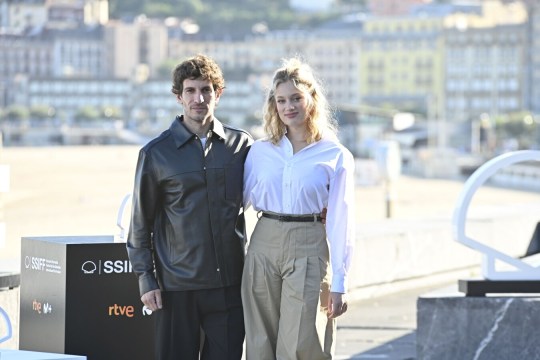
Red Island (L'Île rouge) (2023) Robin Campillo
May 5th 2024
#red island#L'Île rouge#2023#Robin Campillo#Charlie Vauselle#nadia tereszkiewicz#quim gutiérrez#Hugues Delamarlière#Sophie Guillemin#David Serero#Amely Rakotoarimalala#Cathy Pham#Luna Carpiaux#Calissa Oskal-Ool#École de l'air
1 note
·
View note
Text




Eastern Boys (2013, dir. Robin Campillo)
28 notes
·
View notes
Text
imo the last couple of years of french cinema have been showing a great sign of improvement. I feel like the french film industry is finally renewing itself properly now, we're getting high quality movies on the regular that actually bother to :
center women (Celine Sciamma, Julia Ducourneau, Justine Triet, etc.),
center lgbt people (Sciamma again obviously, Robin Campillo, etc.)
be about regular - often non-parisian - folks (Thomas Cailley, Thomas Lilti, etc.),
or just be good fucking entertainment in general (Alexis Michalik, Xavier Giannoli)
and it's very nice to have that nowadays instead of what seemed like the only two fucking options in the late 2000's/early 2010's aka : parisian bourgeoisie comedies that are often very racist OR fucking New French Extremism. it's a nice change.
#the fucking Marion Cotillard and Guillaume Canet mafia has finally lost its fucking power thank the lord !!! 🙏#et on peut enfin respirer en dehors de Matthieu Amalric et Jacques Audiard quoi putain ça fait du bien#même s'ils ont fait des bons films hein mais merde quoi un peu de variété#cinema#bee tries to talk#upthebaguette#the bad comedies still exist but they feel more balanced by the good stuff
22 notes
·
View notes
Text
DECEMBER screening log
183. Wicked (John M. Chu, 2024)- 6.8
184. Between the Temples (Nathan Silver, 2024)- 8.5
185. The Piano Lesson (Malcom Washington, 2024)- 6.9
186. The Seed of the Sacred Fig (Mohammad Rasoulof, 2024)- 9.5
187. Maria (Pablo Larraín, 2024)- 6.6
188. Mars Express (Jérémie Périn, 2024)- 8.3
189. Red Rooms (Pascal Plante, 2024)- 8.6
190. Terrestrial Verses (Ali Asgari and Alireza Khatami, 2024)- 7.5
191. Small Things Like These (Tim Mielants, 2024)- 8.3
192. Die Hard (John McTiernan, 1988)- 8.6
193. It's a Wonderful Life (Frank Capra, 1946)- 9.3
194. Babygirl (Halina Reijn, 2024)- 8.6
195. Nosferatu (Robert Eggers, 2024)- 7.8
196. A Complete Unknown (James Mangold, 2024)- 7.0
197. A Different Man (Aaron Schimberg, 2024)- 7.7
198. Trading Places (John Landis, 1983)- 6.2
199. Cuckoo (Tilman Singer, 2024)- 7.9
200. Red Island (Robin Campillo, 2024)- 7.2
2 notes
·
View notes
Note
hello! i’m wanting to get into more french movies and i believe you have good taste! do you have any recommendations? have a good day!
omg anon i love the question, but where to begin !!! I don’t know how to make short answers so sorry about that…
I'm going to try not to list the most obvious films but not too niche either so you can find them somwhere. And i started watching french films quite late in my life so you won't see many films made before 2015 aha.
Just in case, you can check my letterboxd profile, I watch a lot of french films now so you might find some stuff there too :)
Also, i'm not sure since when you've known me but the film i would recommend the most is obvisouly Portrait of a Lady on Fire by Céline Sciamma (but you probably watched it already if you're following me haha).
Next obvious film since I've been posting a lot about it recently : Anatomy of a Fall by Justine Triet.
And now, here's a list (in no order) of a few films i really loved/ enjoyed. I tried to put them under different themes to make it clearer but obviously some films mix genres.
Comedy/ Romance :
Anais in Love by Charline Bourgeois-Tacquet (2021)
The Bare Necessity by Erwan Le Duc (2019)
My Donkey, My Lover and I by Caroline Vignal (2020)
Yannick by Quentin Dupieux (2023)
The Spanish Appartment by Cédric Klapisch (2002)
(Social) Thriller/ Drama :
Bloody Milk by Hubert Charuel (2017)
Custody by Xavier Legrand (2017)
BPM by Robin Campillo (2017)
The Class by Laurent Cantet (2008)
By the Grace of God by François Ozon (2018)
Happening by Audrey Diwan (2021)
The Night of the 12th by Dominik Moll (2022)
Saint Omer by Alice Diop (2022)
Atlantics by Mati Diop (2019)
Hippocrates by Thomas Lilti (2014)
Amour by Michael Haneke 2012
Onoda, 10 000 Nights in the Jungle by Arthur Harari (2021)
Other People's Children by Rebecca Zlotowski (2022)
Fantasy/ Horror :
Raw by Julie Ducournau (2016)
Infested by Sebastien Vanick (2023)
The Swarm by Just Philippot (2020)
The Animal Kingdom by Thomas Cailley (2023)
Documentary :
Little Girl by Sébastien Lifshitz (2020)
Classics :
Cléo from 5 to 7 by Agnès Varda (1962)
The 400 Blows by François Truffaut (1959)
My Night At Maud's by Eric Rohmer (1969)
I tried to only put one film by director otherwise the list would be endless.
So here you go, have fun now !! And please let me know if you watch some of them :)
#I definitely forgot tons of great french films so if anyone wanna complete it and recommend more of them feel free to do so !#films#french films#list#masterlist#vive le cinéma#anon#ask
11 notes
·
View notes
Text

Laurent Cantet
French film director who won the Palme D’Or at the Cannes film festival with his improvisatory education drama The Class
The social-realist boom in 1990s French cinema produced compelling new voices such as Jacques Audiard, Bruno Dumont and Érick Zonca. The most humane and rigorous of that group was Laurent Cantet, who has died aged 63 after suffering from cancer.
Cantet, who often worked in an improvisatory mode with non-professional actors, won the Cannes film festival’s top prize, the Palme d’Or, for his education drama The Class (Entre les Murs, 2008). Sean Penn, president of that year’s Cannes jury, called the film “a miracle, a perfect movie, just so exciting to see. We walked into the jury room afterward and it was like we had swept up the floor and our work was done.”
A kind of Parisian Prime of Miss Jean Brodie, it was arrived at by cross-pollinating drama and documentary to create what Cantet called “documented fiction”. François Bégaudeau, author of the autobiographical novel Entre les Murs (Between the Walls, 2006), on which the film is based, plays a version of himself: an enthusiastic inner-city teacher who inspires his adolescent pupils but also crosses swords with them.
In one scene, François is taken to task over his use of anglicised names in his mathematical exercises: Bill has 12 apples, Bob has three, but what about, say, Rachid or Aïssata? This playful scene plants the seed for one of the film’s main themes – the use of language to gain leverage, and to reshape the world.
The movie’s sharp-eyed visual style lends these semantic wrangles a strong cinematic dimension. Shooting on location with three high-definition cameras, Cantet achieved an omniscient documentary effect. “This gave us a lot of freedom, allowing us to improvise, to capture the energy of the pupils rather than interrupt them when we wanted a different angle,” he explained. The students and staff in the film, who were all drawn from Françoise Dolto junior high in the 20th arrondisement of Paris, generated many of the scenes in collaboration with Bégaudeau and Cantet.
The movie’s overall tone is one of bruised idealism. “It shows the richness of multiculturalism rather than its weaknesses,” said Cantet. “The film is utopian about the possibilities this kind of setting offers, but pessimistic about the school system in general.”
The Class received an Oscar nomination and became Cantet’s most successful film. But the three features that preceded it were more impressive, withholding even the smallest spoonful of sugar to help their messages go down.
He made his debut in 1999 with Human Resources (Ressources Humaines), in which a business-school graduate starts a management job at the factory where his father is a welder. The newcomer clashes with the union at first, then has a change of heart when he learns of planned redundancies.
That film, which the critic Ginette Vincendeau called “generous, sensitive and innovative”, addresses with Loachian fastidiousness the challenge of reconciling principles and productivity. Both Human Resources and Cantet’s 2001 follow-up, Time Out (L’emploi du Temps), explore how work defines us even in our most interior moments.
Time Out concerns the middle-aged, middle-class Vincent (Aurélien Recoing), who conceals his unemployment from his wife and children, and instead lets his days drip by in service stations and motel lobbies. To retain his role as breadwinner, he cheats cash out of gullible investors he meets on the road.
The film was inspired by the case of Jean-Claude Romand, who lied about his non-existent job, and finally slaughtered his family. Cantet and his regular co-writer and editor Robin Campillo (who later became a director in his own right) stopped short of such horror. “We wanted him to have a disconcerting banality,” Cantet said. “He’s just someone who slips and trips down a certain pathway.”
Some audiences found a note of hope in the final scene, in which Vincent attends a job interview. Cantet was quick to scotch that reading. “The notion of work is so full of wealth and worthiness that the prospect of Vincent finding employment again is obviously a winner,” he said. “But not having a job can be of a certain wealth, too. For people like him, work can only be slavery, so to see the last scene as a happy ending is a denial.”
Heading South (Vers le Sud, 2005) applied Cantet’s usual scrutiny to a different milieu, albeit one still steeped in exploitation and commodification. Charlotte Rampling and Karen Young play sex tourists at a Haitian beach resort in the late 1970s who find themselves competing for the same 18-year-old gigolo (Ménothy Cesar). Neither woman is interested in the young man’s plight under the corrupt regime of President “Baby Doc” Duvalier, though eventually the country’s political strife eclipses their feud. The film has a starkly Fassbinderesque view of the intersection between sex, money and power.
Cantet was born in Melle, a town in western France, and raised in nearby Niort. His parents were both teachers. He attended university in Marseilles, then studied at the Paris film school IDHEC (L’Institut des Hautes Études Cinématographiques), where he met Campillo. Their first full-length collaboration, Les Sanguinaires (1997), was made for French television as part of a project looking ahead to the new millennium. (Human Resources was also made for TV, but earned an international cinema release.) Asked about the 13-year gap between graduating and directing Les Sanguinaires, he said: “I spent a long time trying to discover what I wanted to say in a film.”
Reactions to the movies he made after The Class were mixed. An adaptation of Joyce Carol Oates’s 1950-set novel Foxfire: Confessions of a Girl Gang (2012) met with muted acclaim. Return to Ithaca (2014), about a reunion of five friends in Havana, made few waves. It was Cantet’s second project in the city: he was one of seven directors who contributed to the portmanteau project 7 Days in Havana (2012). It was part-funded by Havana Club rum, which features prominently on screen.
His 2017 drama The Workshop (L’Atelier), about the relationship between a female teacher at a summer writing school and a male teenage student radicalised by the far right, revived the simmering tensions of Heading South, and represented a real return to form, though in fact the film had been gestating for more than 15 years. Cantet’s final picture, Arthur Rambo (2021), was inspired by the real-life case of Mehdi Meklat, and follows a young writer from the banlieues whose career is wrecked by offensive social media posts that predate his fame. He was working on a new film, The Apprentice, at the time of his death.
“My characters are never heroes,” Cantet said in 2008. “They always have weaknesses. That’s what motivates me to write them. They are people looking for their place in society: a place which is much harder to find when you don’t march in step with the rest of society. It’s something I can recognise in myself: keeping the world at arm’s length. Perhaps making films is a way of making up that distance.”
🔔 Laurent Cantet, film director, born 11 April 1961; died 25 April 2024
Daily inspiration. Discover more photos at Just for Books…?
6 notes
·
View notes
Text



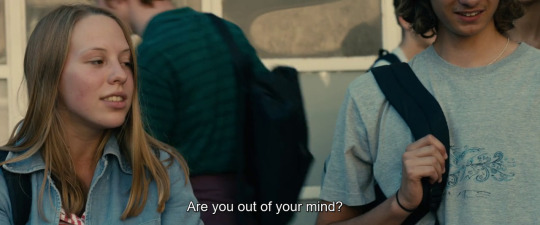

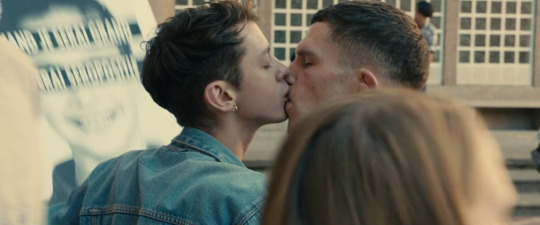
#Robin Campillo#Beats per Minute#120 battements par minute#Nahuel Pérez Biscayart#cinema#//#sine's edits
40 notes
·
View notes
Note
Top 5 foreign films!
Chungking Express dir. by Wong Kar-Wai
Nausicaä of the Valley of the Wing dir. by Hayao Miyazaki (hard to choose one Miyazaki movie)
Tampopo dir. by Juzo Itami
Pan’s Labyrinth dir. by Guillermo del Toro (with the caveat that I haven’t seen it in years, but I used to list it among my favorite movies)
BPM by Robin Campillo
I have a whole list of movies I want to watch, but I’m bad at making time for and committing the energy to them.
Ask me my top 5 anything.
6 notes
·
View notes